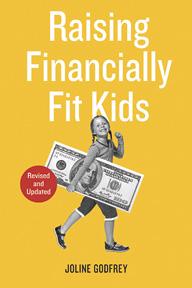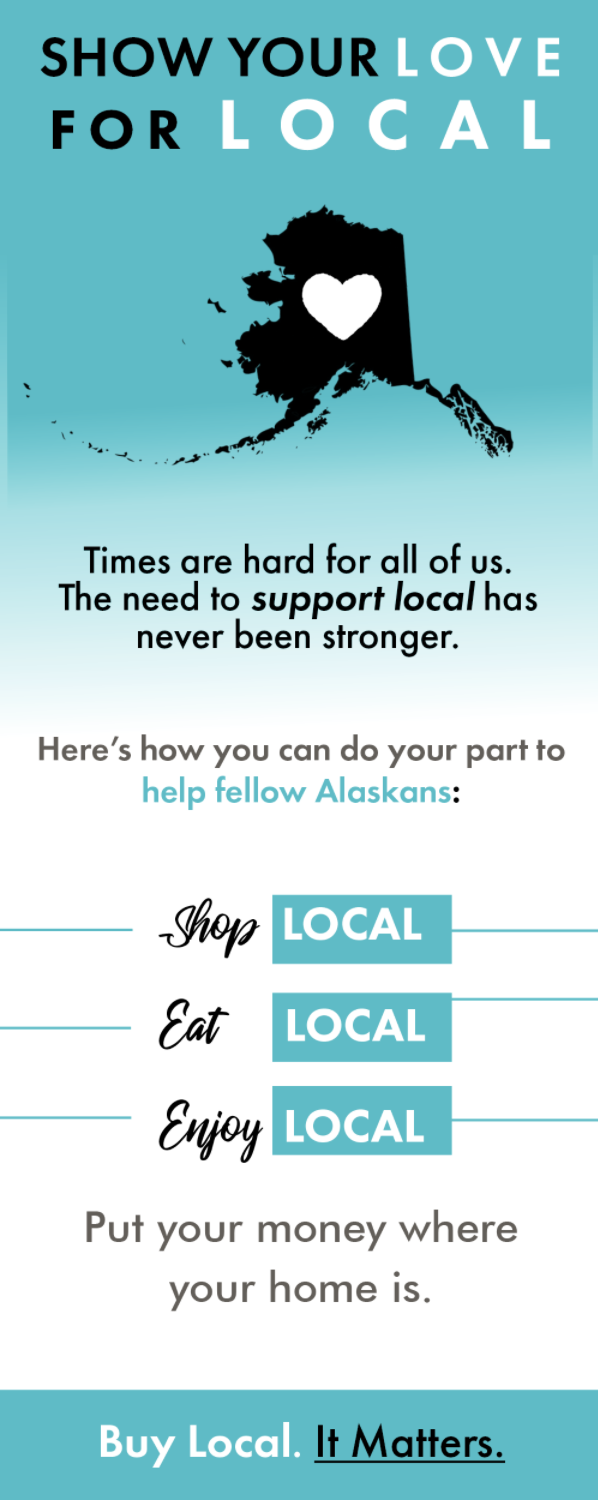OPERATION Buy It Yourself
How to stay within your budget for a peaceful vacation

By Sara Matson
My family’s first visit to Florida turned out to be our spendiest vacation ever. Every time we passed a gift shop or amusement park kiosk, our twins Leah and Chloe, 7, begged for another souvenir. Although my husband Jory and I nixed many of the girls’ requests, we gave in plenty. The result? An empty wallet and four over-stuffed suitcases.
That’s why, when planning our next trip, I wanted to tone down the buying part of the vacation. But how could we limit spending without spoiling the fun? Enter the vacation allowance.
TIPS FOR MAKING IT WORK
Stop at the bank before your trip. If you have small bills on hand, you won’t need to resort to IOUs.
Don’t give out a lump sum, which might get lost, stolen or be too tempting to spend in one place. Instead, decide on a total amount, divide by the number of days of your trip (including traveling days), and dole out that amount each morning.
Have older kids wear a backpack, purse or pants with pockets to keep their money safe. For the occasional times they don’t have their money with them, allow them to pay you back for a purchase – but only if they already have that amount accumulated. No buying on credit.
For younger children, place their allowance in a labeled envelope in your own purse or pocket. Before they buy something, show them how much they have in the envelope and discuss what will be left after the purchase.
Our rule: If Mom and Dad want after-dinner dessert or a mid-afternoon ice cream cone, we pay for the whole family. Otherwise, you’re on your own!
Jory and I decided that every morning of our trip, we would give each twin an amount of money to spend on snacks, treats and trinkets. Toward the end of the week, we’d dole out a one-time souvenir allowance as well. When we shared the idea with the girls, they were delighted. Free money? Awesome!
“But you’ll need to spend it responsibly,” I warned. “If you run out of money and then see something else you want, you’ll be out of luck.”
Once the vacation started, it took Jory and me a while to get used to the plan. At the airport, we forgot to make the girls pay for their own snacks. (They didn’t remind us, either!) However, after shelling out 20 bucks for bagels and juice, we came up with a slogan. From then on, whenever we heard, “Can I have that?” we answered, “Sure! If you buy it yourself!” As the week went on, I noticed the girls were much more selective when spending “their” money than they had been spending ours. On the way out of a drugstore one morning, Chloe inspected a case of ice cream bars, checking flavors and prices. On the boardwalk later that day, she saw the same treats. Hot and now hungry, she asked if she could have one.
“Sure! If you buy it yourself,” I said.
But she opted not to. Why? It cost double the drugstore price.
Another day, while browsing in a bookstore, Leah showed me a stuffed animal manatee. “Are you going to buy it?” I asked, aware that manatees were her latest creature crush. Surprisingly, she shrugged. “I think I’ll wait. I might find something I like better.”
Here’s the biggest shocker: On the last day of our trip, both daughters had money left over! And the items they had bought were things they really wanted.
Once home, our family agreed that the vacation allowance had been a sparkling success. “It made me feel grown up,” Leah said. “I liked asking how much stuff cost,” Chloe added. “And I felt like I could get anything I wanted.”
As for Jory and me, we loved Operation Buy it Yourself. It helped us stay within our budget. It saved us the stress of constantly having to say no to the girls’ requests. Best of all, it taught our daughters an important lesson about money: when there’s a limited amount – and there always is – it’s important to spend carefully. That’s worth any amount of dollars!

Raising Financially Fit Kids
Joline Godfrey (Ten Speed Press)
Teach your kids 10 essential skills they’ll need to become financially secure adults, such as saving, spending, budgeting, building credit, giving back and more.









